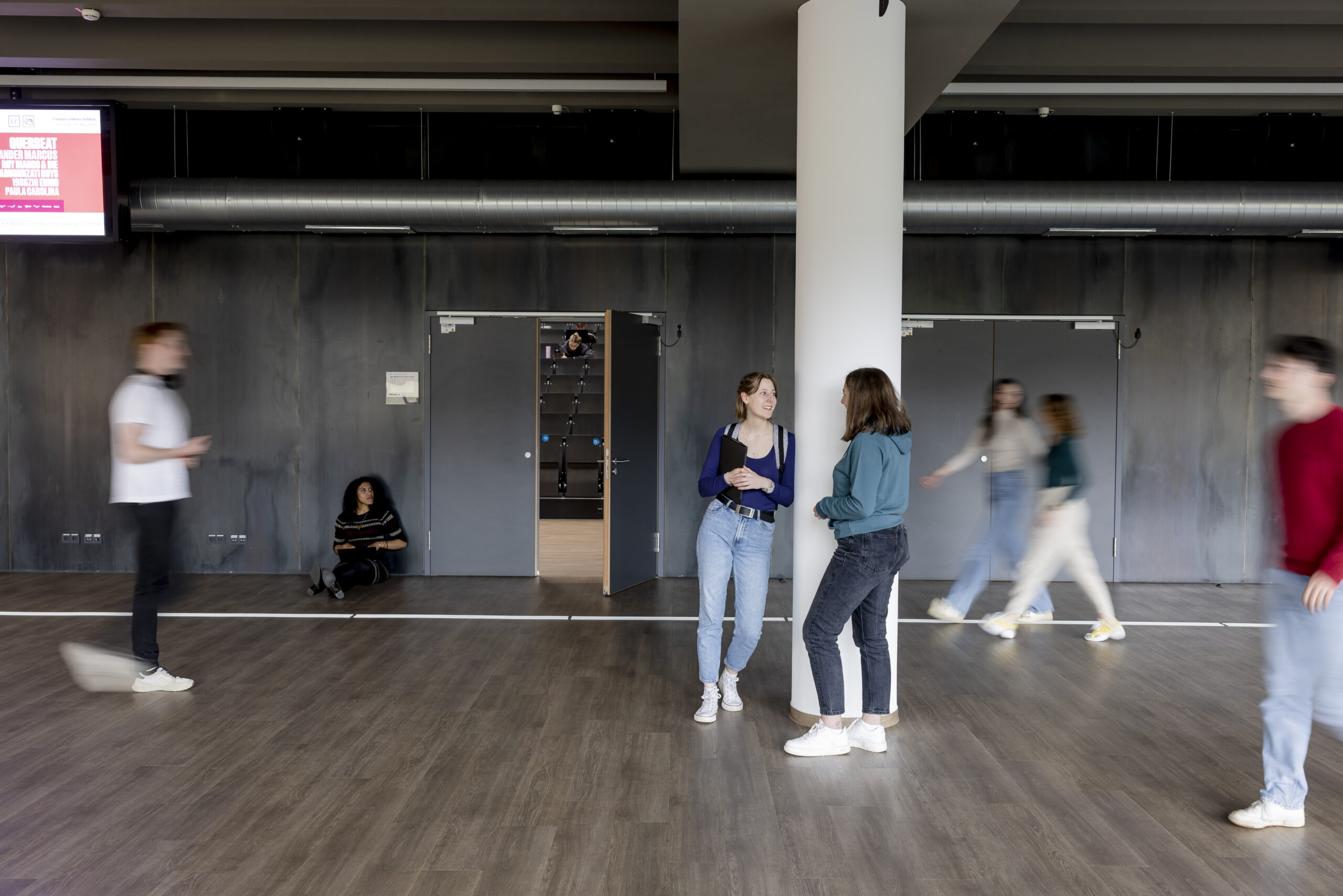
Master
electronics
Short info about the course of study
| Restricted admission | Standard period of study | Start of studies |
| no | 4 semesters | Winter semester |
Authorisation procedure
The program is admission-free, but an application is required.
Application deadline
01 April to 15 September Application possible for the winter semester
01.01.-30.04. only for non-EU-foreign applicants
completion
Master of Science
Further information about the degree programme
Language of instruction
German
The course of study
The Master's programme in Electrical Engineering is research-oriented and deepens the scientific foundations and methods of electrical engineering. During the master's program, the engineering, information science, mathematical and scientific knowledge already acquired in the upstream bachelor's program is deepened. This makes it possible to meet demanding requirements in the field of development and research, or to work independently in industry or in research institutions.
The Master's programme in Electrical Engineering aims to specialise in one of three thematically focused areas:
Automation Technology (in German),
Communications Technology,
Electronics Design and Technology.

5 reasons for your studies Physiotherapie in Siegen
✓ Research-related studies at top international level as preparation for challenging tasks for industrial or academic career entry (e.g. doctorate)
✓ Various specialisation opportunities, e.g. in energy and automation technology, electronics or communication technology
✓ interdisciplinary connection within the faculty e.g. to computer science, mechanical engineering and applied mathematics
✓ good connection to the chairs with various opportunities for student part-time jobs as well as projects in research and teaching
✓ personal support by renowned professors and scientists in small course groups
Career prospects
- Electrical engineering is climate-relevant: Engineers make our energy system future-proof and develop environmentally friendly vehicles, communication and sensor systems
- Shaping the future humanely: Engineers create the technology of tomorrow taking into account ethical aspects
- Electrical Engineering Engineers are Highly Paid Experts with Steep Careers
- Versatile career paths: Electrical engineers work in research, development, production planning and more – it never gets boring!
This is what Phil David Börner says about his course of study:
"Very pleasant atmosphere."
Read more
Already during my bachelor thesis, it was clear to me that I also wanted to do my master's degree at the University of Siegen. The decisive factor for me was the very pleasant atmosphere in the lectures due to the very good ratio of the number of lecturers to students. As a result, it was always possible to ask questions directly in the lectures. The questions were always answered gladly and the lecturers were usually always open for suggestions or sometimes for a professional discussion.
I found it particularly interesting that the Master is divided into four departments, from which you can choose one depending on your interest. So you could study in the area that is the most fun for you. I also found the support during the thesis very good. Finding a suitable topic was not a problem, as the professors are very helpful in choosing a suitable topic. The quiet environment of the University of Siegen was also very pleasant. The many forests are perfect for taking a short walk between learning and relaxing.
Admission requirements
1) As a rule, only those who have a bachelor's degree in electrical engineering can be admitted to the master's program.
2) In cases of hardship, the responsible examination committee decides on a case-by-case basis.
The current examination regulations always apply.
Study organisation
Examination regulations/course plans/module manuals/internship regulations
(Professional) examination regulations (FPOs) define the basic structures of a course of study (e.g. admission requirements and content to be studied). For students, the current version of an FPO automatically applies when enrolling in the first semester. This means that even in the case of changes to the FPO during the course of studies, the original version according to which one has enrolled is valid (provided that this FPO does not expire).
The respective course plan represents the recommended exemplary course of study in the individual subjects and is part of an FPO.
Additional regulations and details for each module to be studied can be found in the module manuals (e.g. prerequisites for taking a written examination or information on the content of the modules/events, ...).
The traineeship regulations define the conditions under which the mandatory or optional traineeships must be completed.
Before the start of the lecture period, we recommend that you at least look at the course schedule of your course of study so that you know which modules are planned for the start of your studies.

Advice and contact
Make an appointment now at:
info.studienberatung@zsb.uni-siegen.de
or by phone at: 0271 740-2712
(Mon – Thu: 9 a.m. - 4 p.m. / Fri: 9 a.m. – 12 noon)